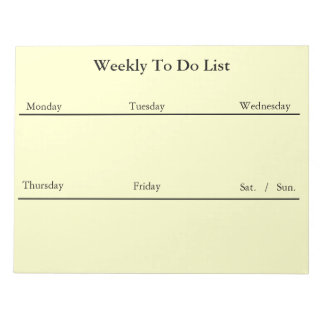Are you at risk of caring "too much"? Here are ten warning signs:
-
You use words like "always" and "never" with regard to
caregiving.
Beware falling into absolutes: "I promised Mom we'd never put her in a nursing home." "I'm sorry I can't go to lunch because I always feed Sam by myself."
Being overly rigid can put you at risk for burnout. -
Your friends seem to have stopped calling.
You may be feeling isolated or annoyed that your old circle no longer seems to check up on you and how you're faring. But is it possible that you've turned them down so often because of your caregiving duties, or that caregiving concerns so dominate your life and conversation, that they got the message you're just not interested in them?
A social life is a two-way street. -
The last time you felt happy was. . . uh. . . um. . . let's see. .
. Nobody ever said looking after a sick or aging loved one was a romp
in a field of wildflowers. But if your everyday life has lost even its grace
notes, so that you find no pleasure in it, you're at risk.
Every day needs at least one happy petal or two. -
Everyone assumes you'll step forward; nobody asks.
Have you become the default go-to girl (or guy) in your family? When the sick person is your spouse, this is logical. (Even then, you need a support system to pitch in.) But it's a different matter when the family member being cared for is a parent, grandparent, or other relative -- and the entire burden of responsibility seems to have settled on your shoulders whether you've volunteered or not.
As caregiving expert Carol O'Dell is fond of saying, "People take as much advantage of you as you let them." -
You're overweight or out of shape.
True, it may not be your caregiving that's to blame. We could sit around and make a long list of culprits for poor health that includes everything from our car culture to a conspiracy of corn syrup to unfortunate genes. But the fact remains that poor self-care is a big red flag for caregiver burnout. Being selflessly focused on others by definition means you're not focused on yourself. And yet you need to be the #1 person you look after, in order to be shipshape (or at least functional!) to look after others.
If you don't like what you see when you look in the mirror (or sit listening to the doctor's concern in the exam room), give yourself permission to be selfish. -
You can't remember the last time you took a vacation.
Vacations are really hard when you have a disabled or impaired person to
consider. And not being able to even remember the last break you had is
a sure sign you're due for one. It doesn't have to be three weeks in France.
Start small if you must: a simple overnight at a friend's house or a local
B&B. Just do something.
To stop caregiving stress, stop caregiving sometimes. -
All conversations turn to caregiving.
Maybe you remember when your kids were babies and you'd hire a babysitter -- and proceed to talk about the kids all evening? Not a great idea. Or worse, you call home to check up! If every conversation with your partner or other family members concerns one subject, it's a warning sign that topic is monopolizing your life.
Diversify! -
You have no hobbies.
You say you have no time for hobbies? Your hobby doesn't have to be a conventional one like stamp-collecting or bird-watching. It just needs to be an outlet away from caregiving. Reading trashy novels uninterrupted, taking up knitting, joining a book club, taking adult ed courses, being a matinee-movie addict, or enjoying your children and grandchildren all count, too "“ anything that takes you away from caregiving for bursts of time.
Bonus points if it takes you out of the house, too. -
You can't sleep through the night.
Two common causes: You're up tending to a sick person (or Alzheimer's wanderer, or someone else who gets by on just a few hours of sleep a night) or you're sick with stress or a physical problem yourself. A sleepless night or two go with the territory of caregiving -- but if it's become your lifestyle, it's a problem you need to correct.
Sleep isn't optional! -
You dread waking up in the morning.
We all have this experience, usually when we're in the midst of a health crisis that seems like a bad dream (but isn't). Health nightmares can go on for years, unfortunately. But when the crisis has passed and you've sunk into a new routine "“ and you still feel heavy-hearted and hopeless, your body is crying out for you to enlist some support.
Nobody "“ not even the most well-intentioned, big-hearted, and selfless among us -- is meant to endure a tough situation all alone, day after day, year after year.
 Dementia Signage for the Home
Dementia Signage for the Home
Dementia Signage for the Home
$22.75 - EZ-C Bright Green 3 Ring Binder






No comments:
Post a Comment